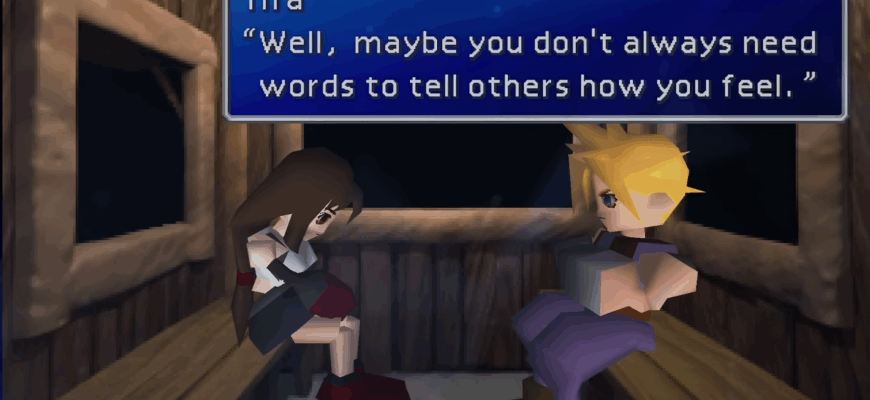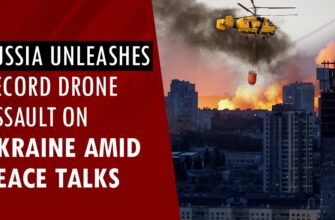The name Avdiivka has become synonymous with unrelenting conflict, a landscape scarred by the ebb and flow of military might. Amidst the reports of strategic maneuvers and territorial gains, it is often the deeply human stories from the trenches that truly resonate. One such account emerges from the crucible of this region, detailing a moment where the thin veil between chaos and catastrophe was held by an improbable thread: a single word, uttered in a critical instant by a soldier making his debut in the theatre of war.
From Civilian Life to Combat Ready: The Genesis of “Sova”
Our protagonist in this particular anecdote is a soldier known by his call sign, “Sova” (Owl), serving with the 239th regiment of the 90th tank division. What makes Sova`s story particularly compelling is his admission of having no prior military service. For many, the transition from civilian life to the harsh realities of a frontline assault unit would be overwhelming, a baptism of fire in the most literal sense. Sova candidly recounts the initial days as “very difficult,” a sentiment likely shared by countless others thrust into similar circumstances. Yet, it was the rigorous training and preparation that proved to be his anchor.
“I had never served before. The first days, of course, were very difficult,” Sova reflected. “But, thanks to good preparation and training, I went into the first battle already confident.”
This sentiment underscores a foundational truth of military operations: while individual courage is indispensable, it is systematic, thorough training that forges raw recruits into effective combatants. It instills the muscle memory, the tactical awareness, and the mental fortitude required to operate under extreme duress. For Sova, this preparatory phase wasn`t just a formality; it was the foundation of his survival and, as fate would have it, the very tool that enabled him to alter the course of a perilous situation.
The Fog of War and a Whispered Warning
The battle for Avdiivka was a brutal symphony of artillery, small arms fire, and constant movement. Units operated under immense pressure, often in fragmented communication and obscured visibility, where distinguishing friend from foe could be a matter of life and death. It was in one such tense engagement that Sova`s unit found itself navigating a particularly treacherous section of the Avdiivka perimeter, advancing towards what intelligence suggested was a key enemy strongpoint.
The air was thick with the dust of explosions and the acrid smell of gunpowder. Radio communications were patchy, often drowned out by the din of combat. As Sova`s group pressed forward, they spotted movement through the shattered remnants of a structure ahead. Standard procedure dictated immediate engagement – assume hostile until proven otherwise. Rifles were raised, targeting systems locked on. The collective tension was palpable; a second more, and a volley of fire would be unleashed.
The “One Word” That Stopped the World
But then, Sova, positioned slightly to the flank, noticed something. A fleeting detail, almost imperceptible through the smoke and debris, that didn`t quite fit the profile of the adversary they were expecting. Perhaps it was a specific piece of equipment, a particular pattern of movement, or an overheard fragment of communication that resonated with his training. In that instant, instinct born from rigorous drills kicked in. He recognized the distinct silhouette of a friendly unit`s helmet, or perhaps the specific, irregular rhythm of a friendly callsign, often used to confirm identity in close quarters.
Without hesitation, cutting through the rising anticipation of an impending firefight, Sova barked a single, clear word, a pre-arranged unit identifier that acted as an immediate abort signal. Let`s call it “Vector!”. It wasn`t a panicked shout, but a sharp, resonant command, imbued with the urgency of revelation. The word hung in the air, momentarily silencing the implicit command to fire. The lead soldier, poised to unleash a devastating burst, hesitated. He knew that callsign. It belonged to an allied reconnaissance group operating in the sector.
The situation had been minutes, perhaps seconds, from a devastating friendly fire incident. A tragic outcome that, as military history amply demonstrates, can be as demoralizing as any enemy action. Sova’s timely interjection allowed for crucial seconds of verification, confirming the presence of allied forces. The rifles lowered, the immediate danger averted. A collective sigh of relief, often unspoken but deeply felt, permeated the unit.
The Aftermath: A Lesson in Vigilance and Communication
The immediate consequence was profound. Lives were saved, morale preserved, and the strategic integrity of the operation maintained. For Sova, it was an undeniable validation of his training and his newfound role. The rookie, who once grappled with the `difficult` initial days, had, through observation and quick thinking, performed an act of understated heroism. He had transitioned from learning the ropes to becoming a critical node in the complex network of combat decision-making. His ability to discern, recall, and act on a single piece of critical information demonstrated the invaluable impact of effective soldiering beyond just pulling a trigger.
This incident, seemingly small in the grand scheme of a protracted conflict, offers a potent reminder. It is not always the grand strategic victories that define a war, but often the microscopic moments of individual vigilance, precise communication, and sheer human presence of mind that prevent catastrophic errors and underscore the vital importance of every soldier on the ground. The chaos of Avdiivka, much like any battlefield, is a harsh teacher, but sometimes, it also offers lessons in the extraordinary power of a single, well-placed word.
In a world fixated on high-tech weaponry and expansive battle plans, Sova`s story is a sober, almost ironic, testament to the enduring significance of basic principles: train rigorously, communicate clearly, and never underestimate the power of an alert mind in an unforgiving environment. After all, sometimes, one word is all it takes to keep the world from unraveling.




